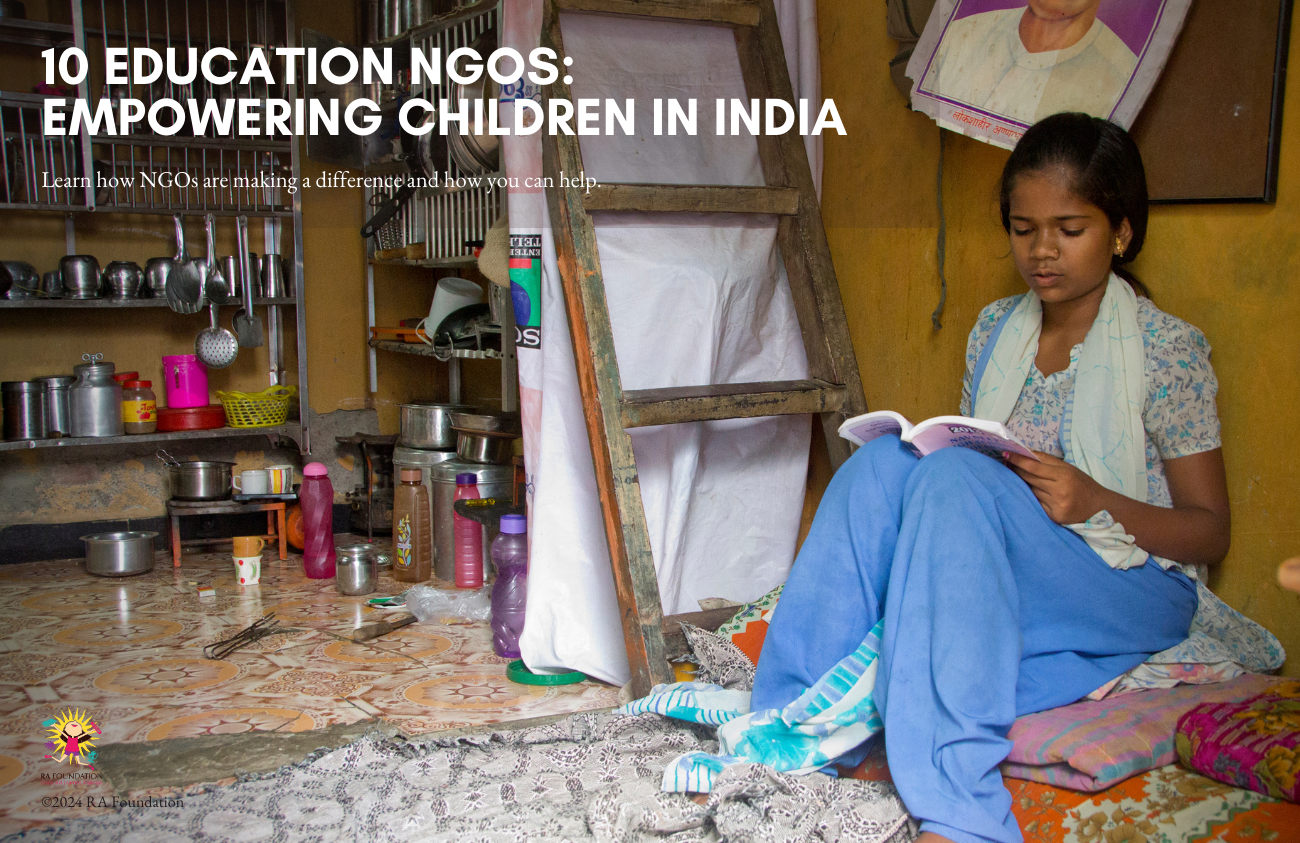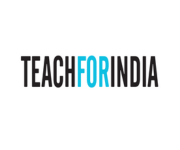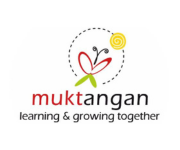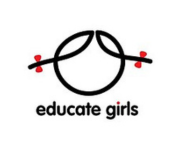
10 Education NGOs: Empowering Children in India
13 February, 2024In India, the assurance of fundamental human rights, particularly access to quality education, heavily relies on the efforts of non-governmental organizations (NGOs) and public service institutions. Functioning as Trusts, Foundations, or Societies, these entities have not only paved the way for increased equity but have also elevated the quality of life for vulnerable populations facing structural inequalities. The following NGOs have made exceptional contributions to ensuring that education is a readily accessible human right for all individuals across the nation.
These NGOs operate within diverse demographics, extending their efforts to various vulnerable communities in the realm of education. Read further to discover more about their impactful work!
1) Pratham
Pratham is an innovative learning organization created to improve the quality of education in India. Established in 1995 to provide education to children in the slums of Mumbai, Pratham has grown both in scope and geographical coverage. Pratham focuses on high-quality, low-cost, and replicable interventions to address gaps in the education system. Established in 1995 to provide education to children in the slums of Mumbai, Pratham has grown both in scope and geographical coverage.
2) Teach For India
Teach For India (TFI), is a non-profit founded by Shaheen Mistri in 2009. It is a part of the Teach For All network. Teach For India runs a two-year Fellowship and supports an Alumni movement. The Fellowship recruits college graduates and working professionals to serve as full-time teachers in low-income schools for two years. The mission of Teach For India is “one day all children will attain an excellent education.”
3) Smile Foundation
Smile Foundation is an NGO in India directly benefiting over 15,00,000 children and their families every year, through more than 400 live welfare projects on education, healthcare, livelihood and women empowerment, in over 2000 remote villages and slums across 25 states of India. Following the model of Civic Driven Change, Smile Foundation sensitises and engages the civil society, making it an active partner in all its welfare initiatives.
4) Akanksha Foundation
The Akanksha Foundation is a non-profit organization with a mission to provide children from low-income communities with a high-quality education, enabling them to maximize their potential and transform their lives. Over the past 30 years, the organization has expanded from 15 children in one center to more than 13,000 children in 26 schools.
5) Ra Foundation
Ra Foundation founded by Sunil Nayak in 2004 is passionately working with extremely vulnerable children in the urban slums and streets of Mumbai in the area of children's holistic Education. The Happy Kids Program does 360 degree intervention into children’s education with residential schooling, their mental and emotional health and overall development by providing a stable and supportive environment during their formative years.
6) Muktangan
Muktangan is a unique model of education that provides innovative and child-centered teaching methods to the underprivileged children of Mumbai. Muktangan uses an inclusive approach where education is delivered in a way that is accessible to all, emphasizing community involvement and sustainability. Their program not only focuses on academic excellence but also on developing the holistic well-being of the children.
7) Make a Difference
Make A Difference (MAD) is one of India's largest millennial-driven, non-profit organizations working to transform outcomes for children in need of care and protection. MAD's Vision is that all children that grow up in care in India can realize equitable outcomes on par with the middle class. MAD’s Mission is to ensure that all children in shelters across India can realize equitable outcomes within the next 25 years, by mobilizing the community, empowering the child, enabling the sector, and changing the ecosystem.
8) Educate Girls
Educate Girls is a nonprofit organization that promotes and supports girls' education in the remotest and rural and educationally backward part of India.[8][9] It works in partnership with the Government of India and operates in 18,000 villages of Rajasthan, Madhya Pradesh, and Uttar Pradesh and engages with a huge base of community volunteers and in the process helps to identify, enroll, retain out-of-school girls and improve foundational skills in literacy and numeracy for all children.
9) Room to Read
Room to Read is a global non-profit organization headquartered in San Francisco, California. The organization focuses on working in collaboration with local communities, partner organizations, and governments to improve literacy and gender equality in education. Room to Read's Literacy Program supports literacy development for primary school students. The organization works with local authors and illustrators to create and distribute children's books. It also introduced an online learning platform called Literacy Cloud during the COVID-19 pandemic.
10) Nanhi Kali
Founded by Anand Mahindra in 1996, Project Nanhi Kali sees educating girls and women as a way to positively impact India in the long run. Nanhi Kali supports children with the hidden costs of their education, including pencils, notebooks, school bags, uniforms, clothes, and shoes. The Mahindra Group sponsors the education of 22,000 girl children through Project Nanhi Kali.
__________________________________________________
These NGOs play a pivotal role in shaping the educational landscape in India, embodying the belief that quality education is a fundamental right for every individual regardless of their background or circumstances.
